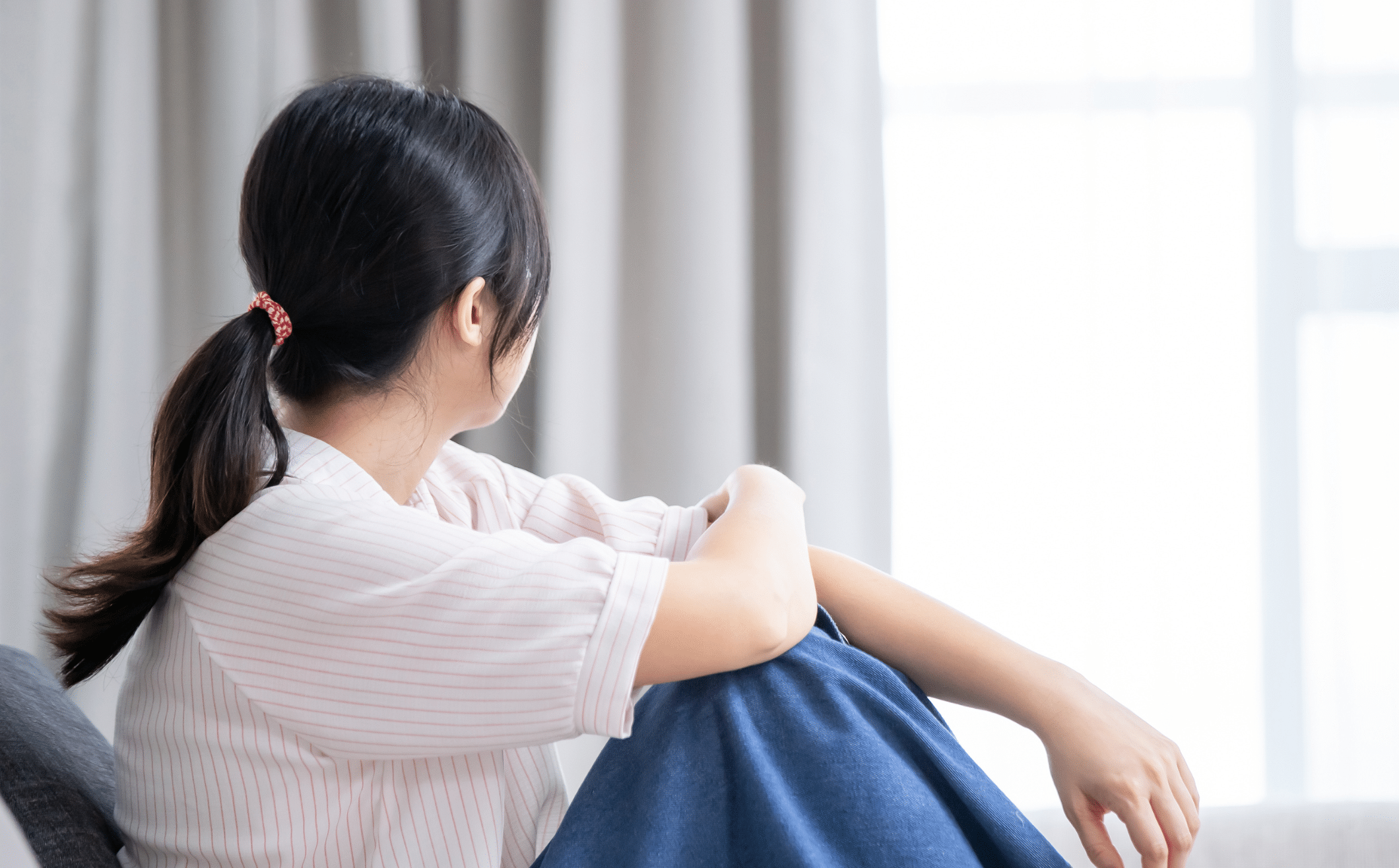What Is Couples Therapy for One?
Think of couples therapy for one (also called Hopeful Spouse Coaching) as a way to improve your relationship, even if your partner doesn’t come along. Research shows that learning relationship skills on your own can lead to just as much improvement as regular couples therapy. You might be surprised to learn that one person can make positive changes in a marriage once you learn how.
Why It Works
When you change how you act in your relationship, it often starts a positive chain reaction. When a woman who is dissatisfied in her relationship decides to change her method of getting through to her partner, she isn’t doing “all the work.” It’s like tipping over the first domino – your changes can motivate your spouse to work with you in therapy.
What You’ll Learn
The best couples therapy teaches both partners good relationship skills. Even on your own, you’ll learn:
- How to behave differently to promote lasting change in a partner
- Which approaches work best with your specific spouse
- How to talk effectively so that your partner will listen
- Ways to be honest without being hurtful
- How to notice your own individual part in continuing and reinforcing negative patterns
- Better communication skills that matter to your marriage
Why Your Partner Might Not Want to Come
It’s common for one partner to resist couples therapy. They might:
- Think relationship counseling won’t do any good or will make things worse
- Fear that the session will focus on feelings without concrete action
- Not be comfortable talking about their emotions or have little practice doing it
- Prefer to believe that the relationship has no serious problems
Assuming responsibility for creating positive change in life isn’t working harder, it’s working smarter.
Michele Weiner-Davis
What Makes a Therapist “Marriage Friendly”?
Regular therapy and couples therapy need different skills and approaches:
- Individual therapy predominantly explores the intrapsychic realm and is often insight-oriented. It helps you reflect on how you became you in the first place.
- Couples therapists need special training to help relationships heal
- Hopeful Spouse coaching is marriage-friendly and focused on concrete relationship change
- A couples therapist can be more challenging and direct with you when working one-on-one
- Marriage counselors are trained to see issues as interlocking problems impacted by two people
- The severity of your problems does not predict the effectiveness of couples therapy
Why Regular Individual Therapy Might Not Help Your Marriage
Multiple research studies show a worrying pattern: marriages often end in divorce when partners get individual therapy instead of relationship-focused help. Here’s what can go wrong:
- The therapist might emphasize “personal growth” over relationship improvement
- They can accept a client’s version of reality without question
- They can begin to plant seeds of doubt about how viable the marriage actually is
- They might unconsciously “buy into” their clients’ accounts without forming an independent assessment of the spouse
- If both partners see separate individual therapists (called “his and her” therapy), it leads to the highest divorce rates
- One welll-known couples therapist call this pattern a “relationship-dectomy” because it’s so common
Change is like a chain reaction. She tips over the first domino, then he changes. When a woman who is dissatisfied in her relationship decides to change her method of getting through to her partner, she isn’t doing “all the work.”
Special Situations
This approach also supports clients who have partners with severe personality disorders and other mental health issues that impact the marriage. You’ll learn how to:
- Establish firm boundaries
- Reject hostile interactions as acceptable
- Clarify your options
The Bottom Line
As Michele Weiner-Davis says: “Assuming responsibility for creating positive change in life isn’t working harder, it’s working smarter.” Many couples with problems continue to enjoy productive, healthy relationships over time with effective couples counseling.
Research Source: Gurman, A.S., & Burton, M. (2014). Individual therapy for couple problems: Perspectives and pitfalls. Journal of Marital and Family Therapy, Vol 40, No 4, pp. 470-483.



My partner is working through some deep trauma issues now with her therapist, but / and I am not sure I can hold it together for her as she does so. i thought this may shine light on my commitment and bearing as she does so — we have taken a break from each other as this chapter unspools.
We have been together for 7 years and engaged for 4.
A little-reported issue in trauma recovery is that people often get worse before they get better. Many partners wait months or even years for their spouse to seek treatment and (incorrectly) assume that this will result in immediate improvement, better mood, higher sexual desire, etc. Not so.
Patience is required to see real changes in trauma-centered work. I wonder if you are a casualty of that assumption…